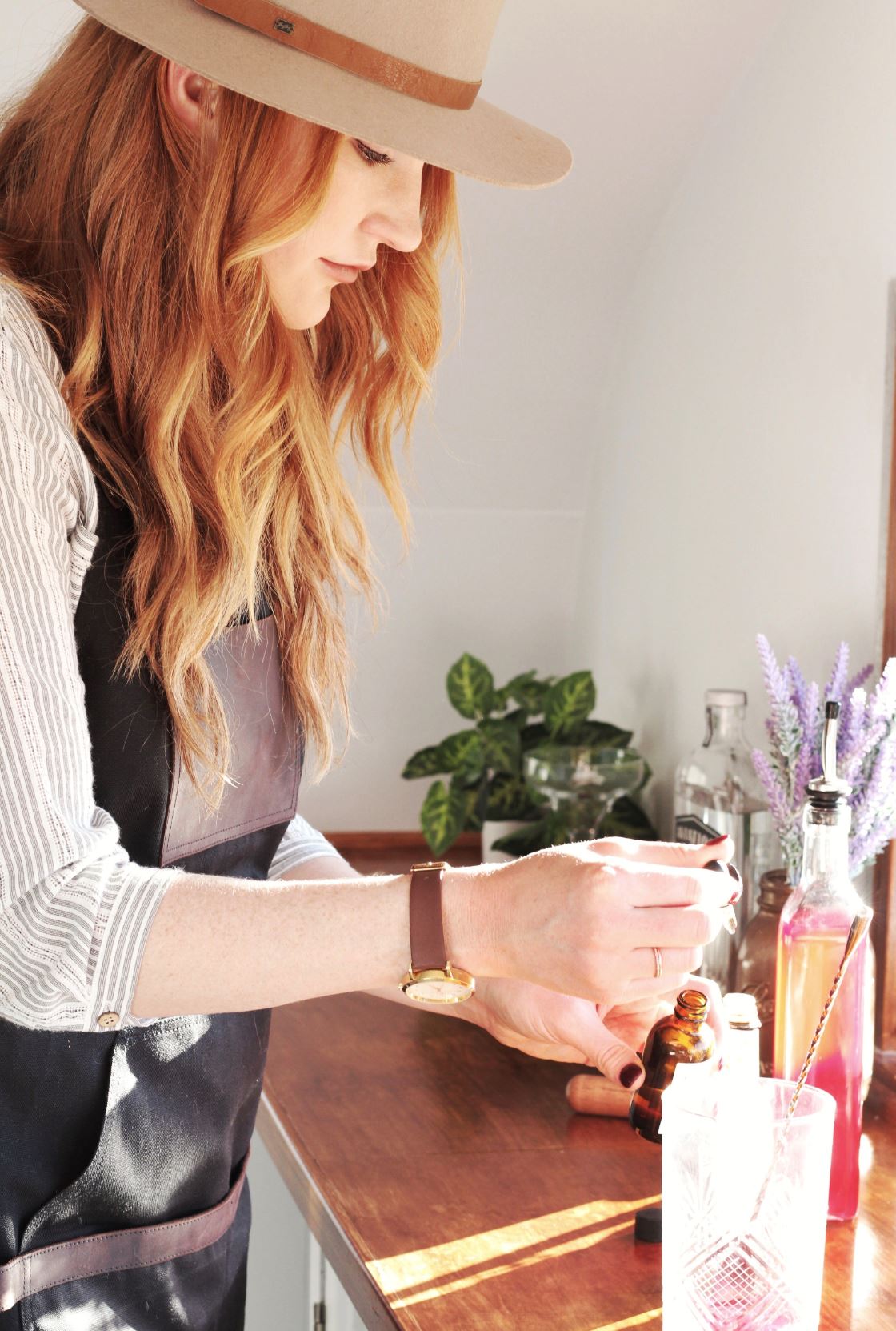
In April 2020, the United States reached a 14.7% unemployment rate amongst its labor force. This was the fourth highest rate amongst OECD member countries and has only been bypassed by Columbia, Greece, and Spain. While this economic fallout might trigger concerns towards the fiscal and monetary policies that the United States has implemented in response to COVID-19, it’s important to notice the potential benefits in “creative destruction”. Joseph Schumpeter, an economist at Harvard University, described this term as an industrial mutation that “revolutionizes the economic structure from within, incessantly destroying the old one, incessantly creating a new one”. Joseph places this concept at the center of capitalism and points to the United States, with its hands-off economic approach, as a shining beacon of creative destruction. Census data begins to highlight this theory in Q3 2020 where we see the highest amount of business applications since 2005. This massive “startup boom” is on top of the 883,000 small business applications created in the second quarter of 2020 and is a unique anomaly compared to the declining business-creation trends over the past few decades. Economists are still debating why this pandemic has caused a rise in new entrepreneurs, but many are eager to keep the trend moving. I reached out to Nicole Culver-Knighton, the founder and owner of Herb and Alchemy. Her background of six years in operations and program management roles within Amazon and five years in FOH restaurant roles helped prepare her for the unprecedented challenges that come with launching an event catering business during a global pandemic. Nicole has always been passionate about the art of food and her time spent living in Orange County, Boston, Seattle and Dallas has provided her with a wealth of gastronomic experiences. Learning about mixology started as an informal and playful way for Nicole to expend creative energy and unwind with a delicious beverage. In January 2020, Nicole launched Herb & Alchemy as a mobile mixology company servicing parties and events in the Dallas and Fort Worth Area. Today, Herb & Alchemy has a line of signature cocktail syrups, does mobile mixology and is planning on expanding to a brick and mortar location by 2022.
Wefunder, a crowdfunding service which connects startups with investors online, reported that Q1 2020 was their best quarter yet in new investments, equity holders, and dollars contributed. March was a huge success for Wefunder, while the stock market was crashing and unemployment was at an all-time high. What’s unique about COVID-19 that makes people more likely to open businesses and invest in startups?
I saw that the bigger businesses had larger overhead, which create opportunities for smaller organizations that could adapt quicker. There’s a lot of established DFW bars that have a steady clientele. COVID disrupted all that and now it’s a lot easier to bring new ideas and innovate on existing items in the market. I also have seen a huge uptick in shop local initiatives and supporting small community businesses. Now more than ever, residents and larger businesses in DFW have been reaching out to me to provide support and ask how they can help. COVID has created a deeper sense of community in Dallas and Fort Worth and it has been an awesome thing to be a part of. I think entrepreneurs also now have more time than ever. I found myself with more time to strategize my business, revamp the website, dive into marketing, and connect with other people.
The Kurzarbeit program, a social insurance program whereby employers reduce their employees’ working hours instead of laying them off, was favorably cited in a 2009 OECD report. Advocates stated that it had saved nearly 500,000 jobs during the recession while critics have expressed concerns in propping up failed businesses. Is there a balance that can be found between helping existing businesses while also allowing natural economic cycles to occur?
It’s really difficult to see people losing jobs and it’s difficult to see businesses going under. I know in my community, I’ve seen people leave the events and planning spaces, which saddens me. I do think that COVID-19 has kind of caused a shakeup in the sense that if you’re not willing to be agile and try new things, you will struggle and go under. I still think that it is a good idea to provide resources for businesses, but provide reasonable boundaries for the resources and who qualifies for them. I think that we should be providing support to businesses, what that looks like I can’t say. I do think businesses need to take those resources and figure out how to pivot. I think a great example of that is how some restaurants adapted to COVID restrictions by building distance compliant outdoor patios and eating spaces. I don’t think that it’s wrong to support small businesses or large businesses and use government aid for this kind of thing. I mean, this pandemic was unprecedented, and no one could have seen this coming.
The Startup Genome Report, a 67 page analysis coauthored by researchers from UC Berkeley & Stanford, showed that 74% of tested high-growth startups failed due to premature scaling. Have you experienced the struggles with wanting to expand faster and do you think the volatile nature behind COVID-19 could change the rate of premature scaling amongst startups?
That is such a brilliant question because I have experienced this. When we first started my business model I used only real glassware for events and this worked out well, when my events were like 50-60 people. Soon I started accepting contracts that were much larger, events with 150-200 guest. I was accepting a lot of these contracts back to back, where I didn’t have the infrastructure to support them. I didn’t have the employees trained up to be able to pack and unpack for each event. When COVID hit, all of the contracts for our spring events were canceled and I was able to use that time to come up with a better business model of how we would use glassware. It also gave me time to train some of my staff and train myself in terms of how I transport 700 pieces of glassware. I do think that I was definitely guilty of scaling prematurely and would not have provided as high of a service. When COVID hit, I had plenty of time to reconsider my business model and make some pivots into new revenue streams. It also gave me a benchmark with the community and how other people were doing. In the beginning, I was just an event company and having that time to slow down, I was able to see I can be an event company that also has awesome cocktail syrup and educates people on how to use it outside of events. So I’m getting into people’s homes versus interacting with them as guests that attend a wedding and they’re never going to see me again.
A 2016 SBA Lending Chart showed that small banks approve 49% of loan requests compared to 23% by big banks. It was also noted that most companies are self-funded through savings, while a minority are venture-backed. What was the process like for securing funding for your business and do you think the new climate of stimulus packages could change how businesses get capital?
From my personal perspective, I’ve self-funded my business. That is mostly because when I started looking into launching a brick and mortar restaurant back in 2018, it felt very difficult to get a loan. I was looking at big banks and lending companies and I just wasn’t comfortable with it. If we went towards a brick and mortar route, again, I think I’d feel more comfortable trying. But I also have the fear that, whether it’s a small bank or a big bank, it would be harder and more rigorous to get a small business loan next year. This is based on how many businesses have gone under due to COVID and now the service industry has more scrutiny than ever before. Banks would have more questions for pandemic scenarios and make sure businesses are diversified. If we close down restaurants again, how would you maintain your revenue stream? And today, I wouldn’t be able to answer that.
Has there been any pressing issues that are unique to COVID-19 that have impacted your business?
Back in 2018, my intention for this business was to be a brick and mortar, but I realized that I wasn’t going to be able to have the creative freedom and the ability to grow intentionally and at a slower pace. This lead to the mobile bar concept which allowed me to avoid high overhead and scale in a way where I didn’t have to sacrifice on my vision for delivering the highest level of service. I didn’t have to have employees and I could really spend the time perfecting my craft. We launched in mid-January of this year and the plan was to do a mobile bar for about a year and then reconsider the idea of a brick and mortar. When COVID hit, I felt like the universe was aligning and it finally made sense why the brick and mortar never worked out. While we lost the majority of our wedding and event contracts, I wasn’t facing the pressure of how to pay my rent or my full time staff. I did have to quickly think about what I could do in this new environment because I was a service business. It’s hard to market a service when you know the service industry is experiencing such trauma. I tried different ways to pivot the business and saw that people were speaking about the quality syrups we provide. Our mixology teaching component was also something that could be added to the syrup line, which is now available for online purchase. As a new business, I didn’t plan to be profitable this year. I know many of the more established mobile bartending companies have overhead, marketing teams, staffing etc. While it is horrible to think about businesses going under, it is exciting that maybe some of these bigger players are not going to be here next year and maybe I can grab a larger market share. On the flipside, I recently heard someone I trust and respect in the mobile bar industry (Sarah Murphy of Mobile Bev Pros), talk about brain drain in the industry, where people who have the experience and the knowledge might leave. This leaves me with the concern about who will I benchmark after and will the mobile bar community see a decrease in service? Also, mobile bars operate a little bit in the gray space because we’re not a bar and we don’t have a liquor license. The client provides their own liquor and we mix it, provide garnishes, and add mixology expertise. This concept is not well regulated and established mobile bars are leading into new territory. COVID could bring new awareness to new health regulations by shedding light on mobile bars.
I do however have experience in food regulations as I also make cocktail syrups that I sell online and ship over state lines, so I need a professional kitchen that we can work in on nights and weekends. Because the restaurant industry is seeing fewer customers, we were able to easily secure a solid partnership to use a kitchen. Something that was really difficult for us was getting insurance for our tow truck and bar trailer. Nobody wants to insure a trailer that’s mobile and also serves alcohol. Insurance agents just see this business as a parked vehicle with alcohol at the wheel, which they highlight as a huge liability. That’s another thing I fear, is the lack of education on mobile bars could lead to poorly crafted regulations and policies. This pandemic has really boosted fears and made people emotionally driven in some of their choices.

